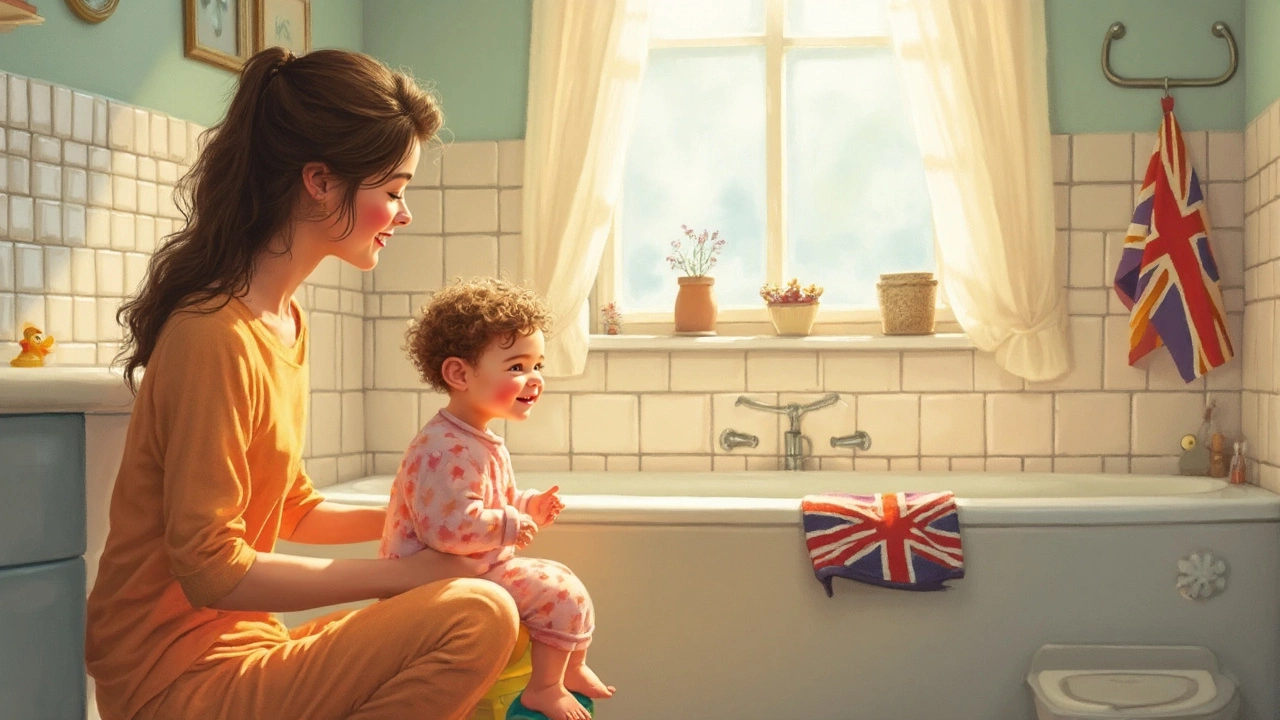Toddler Development – What Every Parent Should Know
Watching a toddler grow is a mix of wonder and "what‑now" moments. Their bodies and brains change fast, and the right advice can make life easier. Below are the most useful pointers for the next few years.
Core Milestones: Body, Brain, and Behavior
By age two most kids can run, jump, and start climbing stairs with help. Fine‑motor skills show up when they can stack blocks, turn pages, or use a spoon without spilling too much. Language explodes around 18‑24 months – expect short sentences, lots of "no," and an eager attempt to name everything.
Socially, toddlers move from parallel play to simple sharing. They begin to show empathy, like comforting a crying friend, and they love repeating actions they see adults do. Keep an eye on these milestones; if something feels far off, a quick chat with a pediatrician can catch issues early.
Everyday Tips: Screen Time, Sleep, and Safety
Screen time is a hot topic. Experts suggest no more than an hour a day for a three‑year‑old, and that the time should be high‑quality, co‑viewed content. Use the limit as a chance to talk about what they see – it turns passive watching into a learning moment.
Sleep is the hidden growth driver. A toddler needs 11‑14 hours total, including a short daytime nap if they’re still taking one. Keep the room cool, dark, and free of loose blankets. If you’re using a baby monitor, consider a non‑WiFi model for added privacy and less radiation exposure.
Safety goes beyond baby gates. When you carry a toddler upright, like in a carrier, make sure their head is supported and you’re not holding them too long in one spot. Standing positions are okay for short periods, but avoid letting them hang for minutes on end.
Montessori‑style floors or low beds encourage independence. A floor bed lets the child get up and down safely, fostering confidence and reducing the risk of falls from high cribs.
Playtime is the best teacher. Offer a mix of open‑ended toys, like wooden blocks, and sensory items, like playdough. These help fine‑motor development, creativity, and problem‑solving.
Finally, remember that each child moves at their own pace. Consistent routines, gentle guidance, and plenty of love create the best environment for healthy toddler development.
Are Most 3 Year Olds Potty Trained? Tips, Stats, and What Real Parents Face
Are most 3-year-olds potty trained? Get real stats, expert tips, and honest advice on childhood potty training ages, timelines, and what helps.
Read more